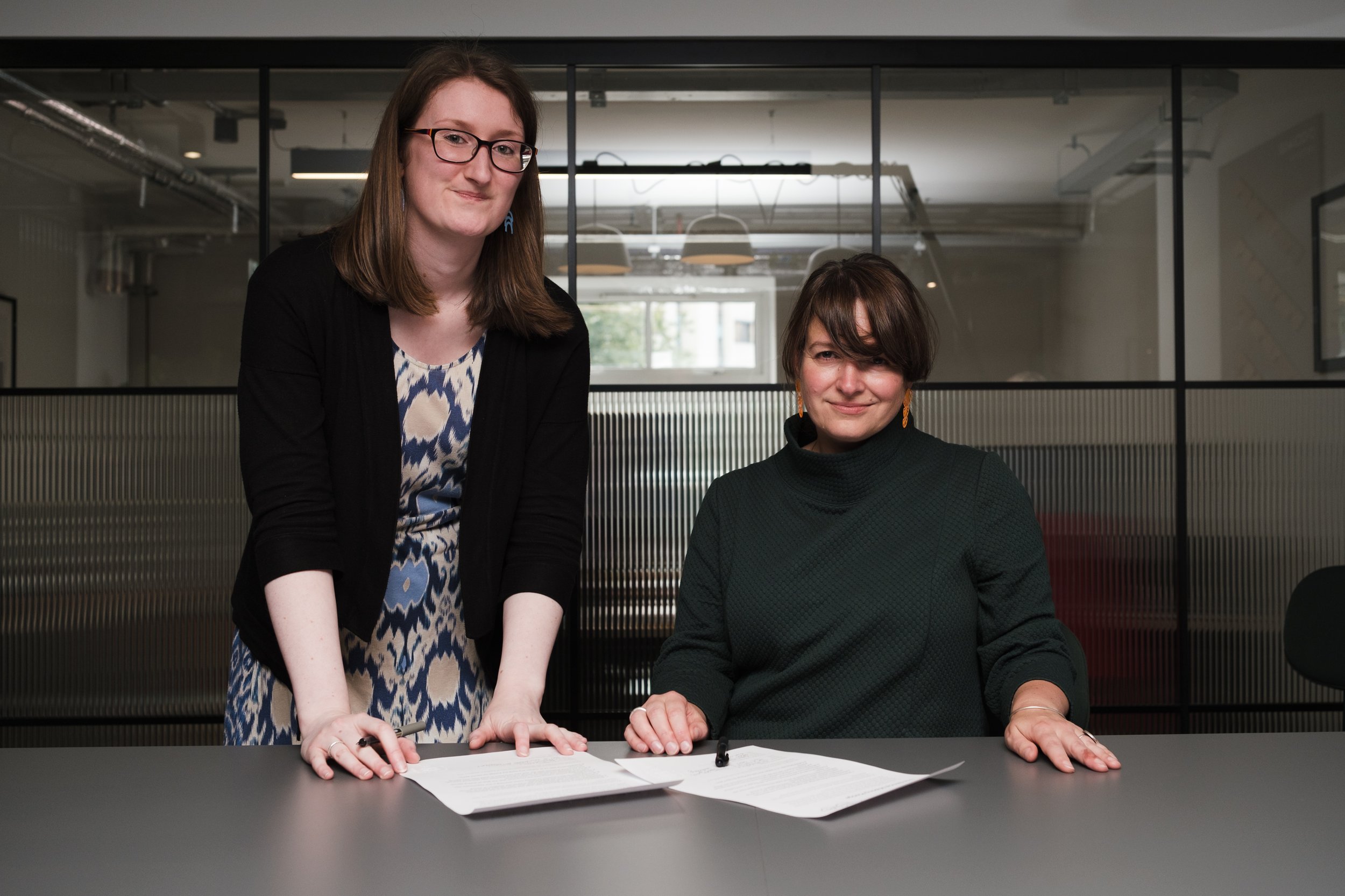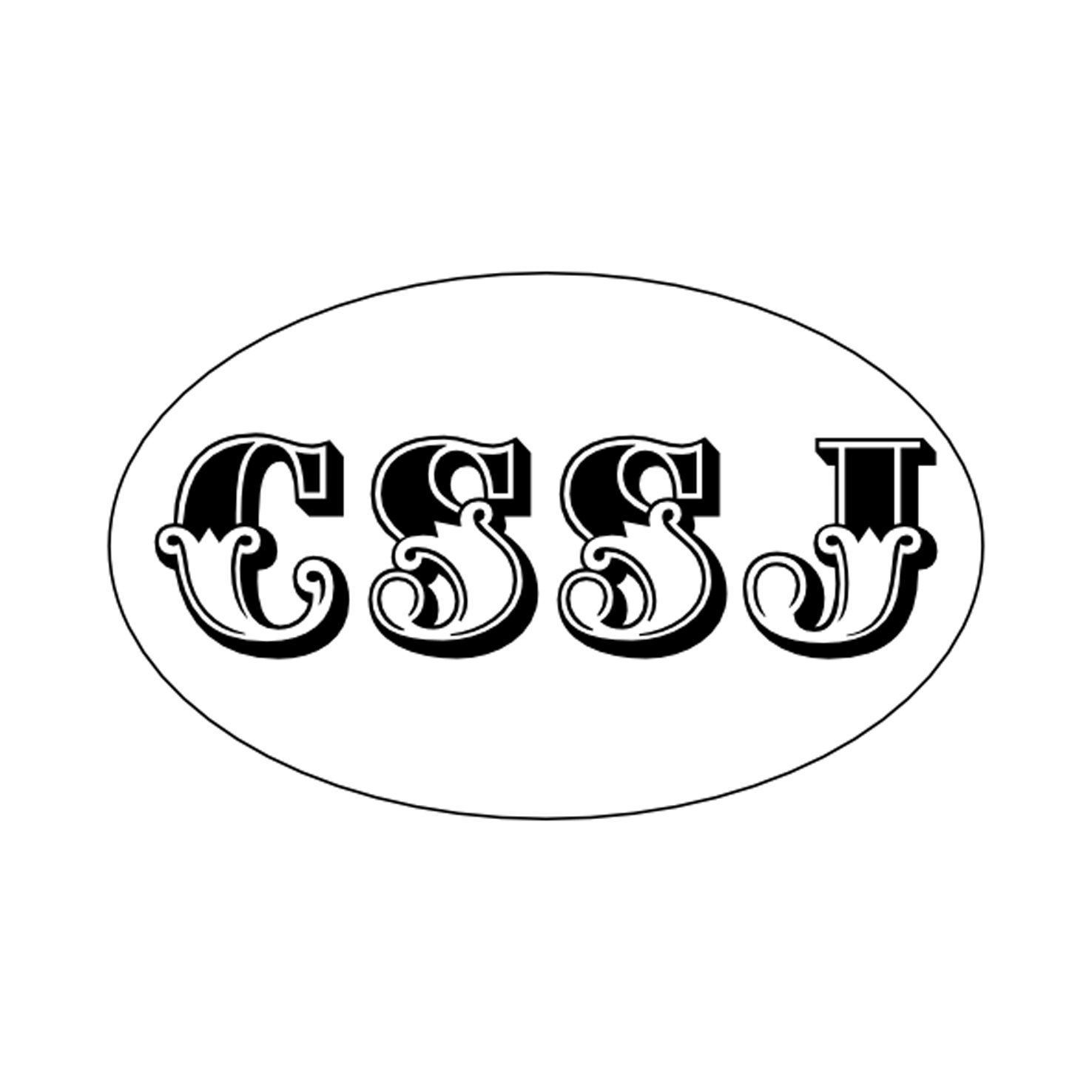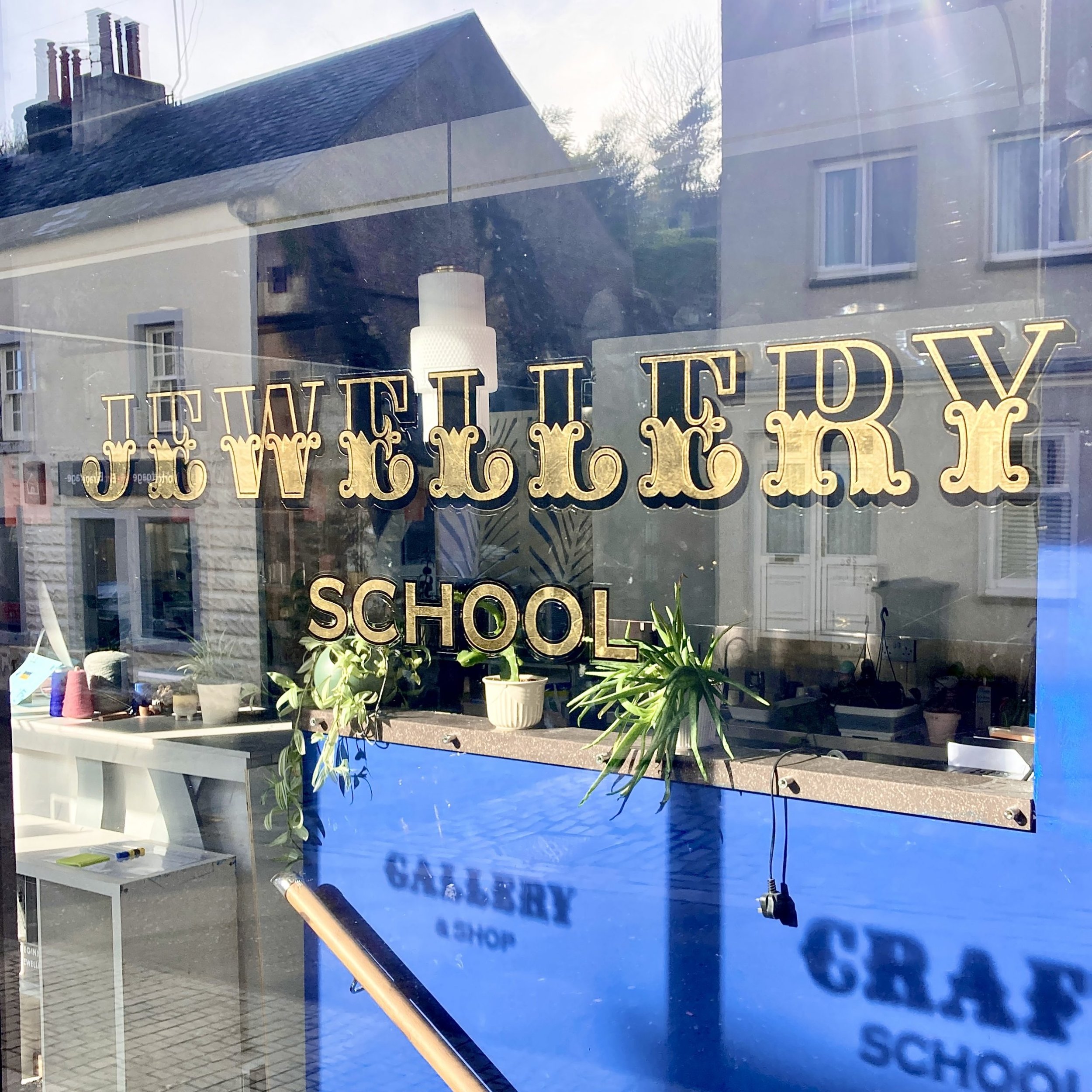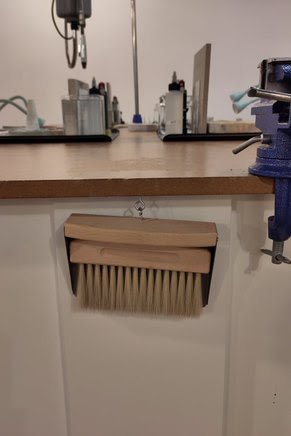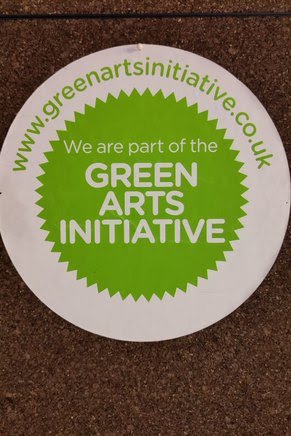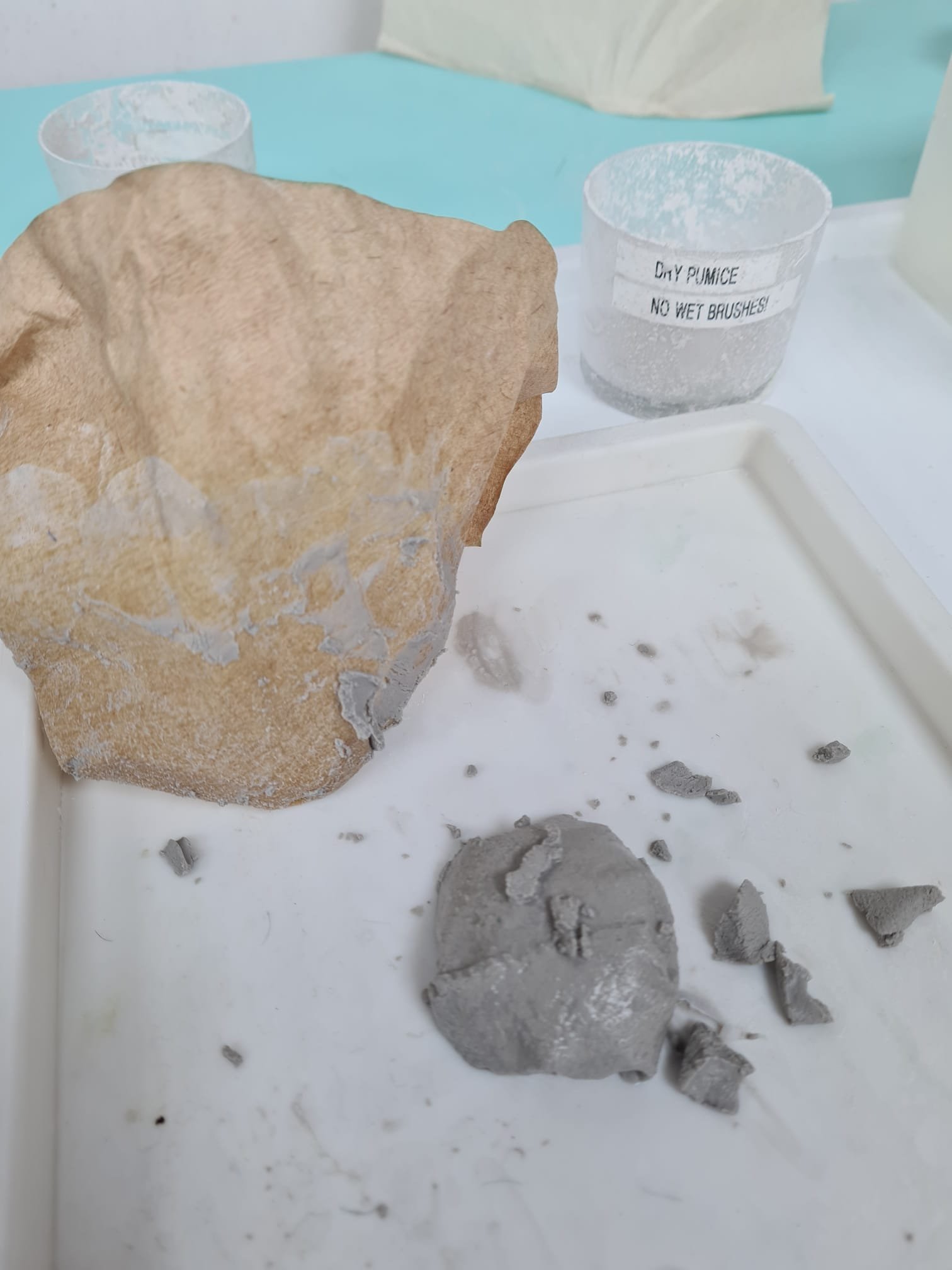Ethical Making @ CSSJ
The Central Scotland School of Jewellery (CSSJ) is a community for creative learning, providing a wide range of jewellery making classes in the historic city of Dunblane. CSSJ joined the Ethical Making Pledge in 2022 as we expanded to include independent educational institutions. We spoke with CSSJ Ambassadors Gillian Lester and Kara Mackay to find out what they have been working on over the last year.
Within your workshop, what collective efforts towards more ethical/sustainable/responsible practice have been made this year?
For us, greater ethical awareness across the student body has meant less scrap metal is being produced. Additionally with the better understanding of ethical issues, comes a great enthusiasm for reclaiming and recycling metal. The school tries to use alternative stones, pebbles and sea glass along with existing gems rather than purchasing new. Cleaning, sharpening and polishing tools to extend their life is part of the studio practice and many materials are re-used such as the wax off cuts. Less disposable/paper products are being used and there is generally more recycling of anything wherever possible, both in equipment and cleaning products. There has always been a sensitive use of toxic substances and CSSJ is constantly striving to reduce this further.
Additionally:
We use old bamboo toothbrushes for cleaning jewellery after pickling.
A tea towel is used to dry jewellery after cleaning, instead of paper towels.
We use wooden brushes to collect shavings from our benches to then be put in the scrap metal bin and recycled.
After pickling our pieces we use a basin of water for cleaning rather than running the tap and strain the pumice out with a coffee filter before disposing of the water.
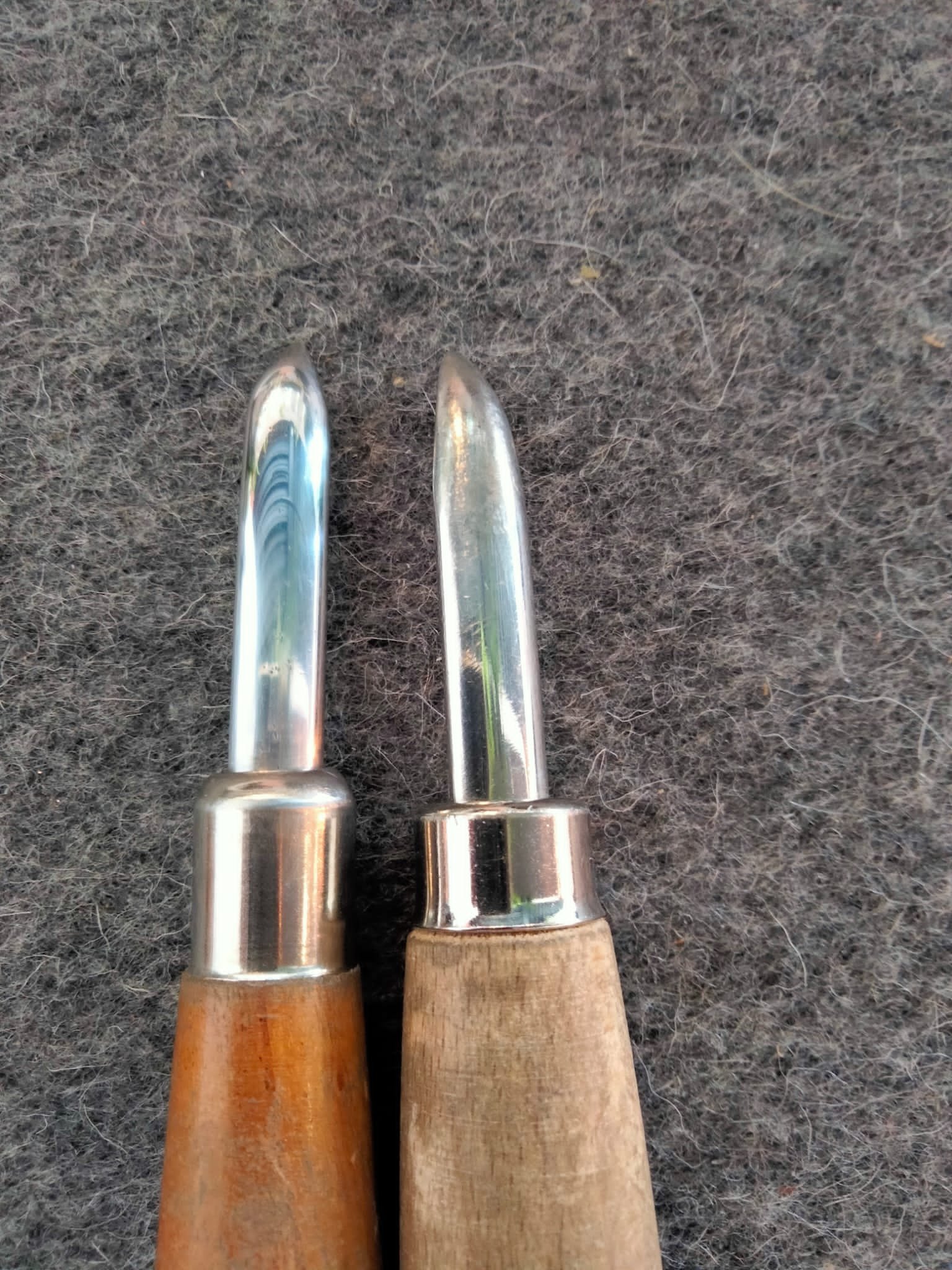
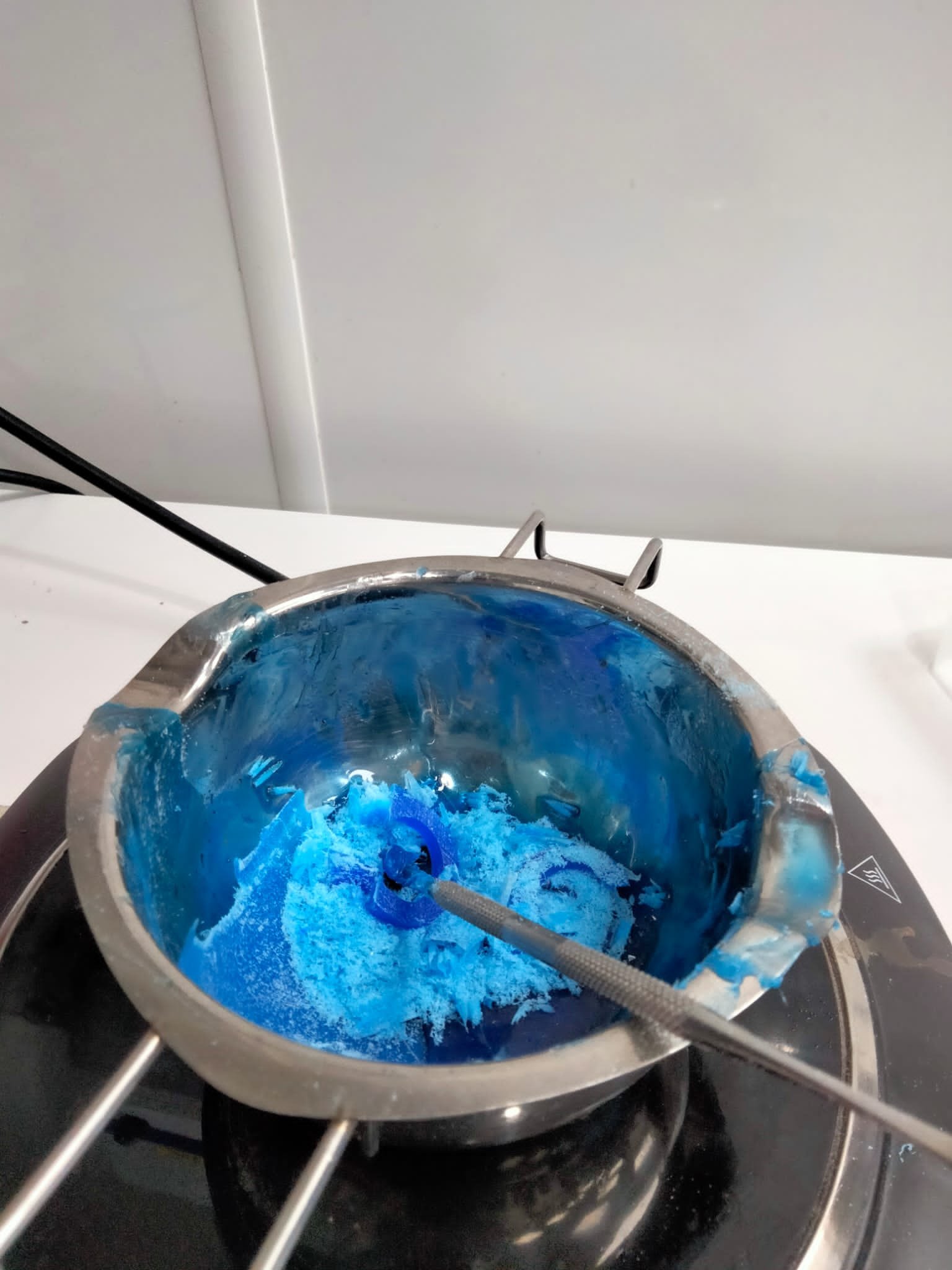
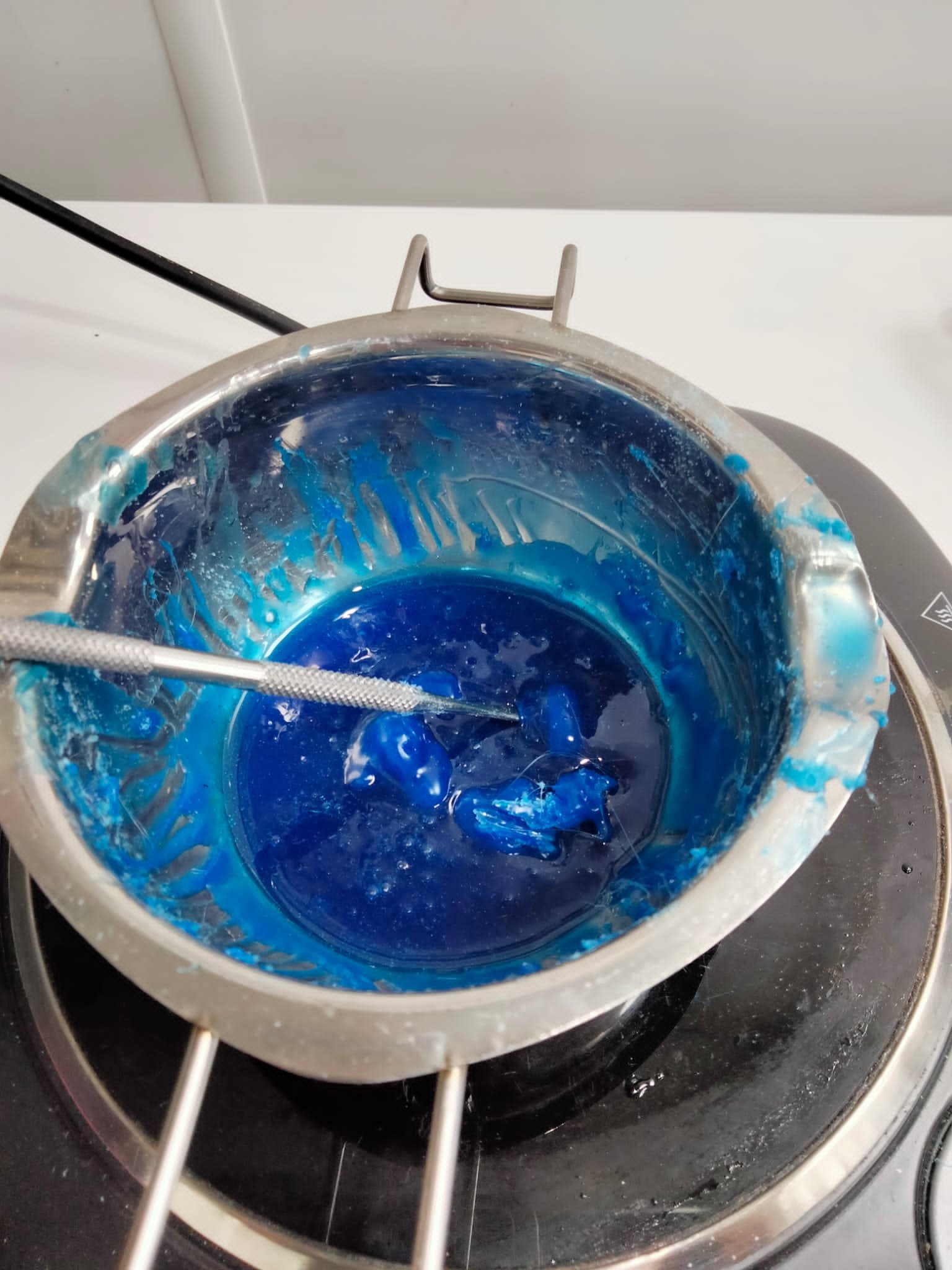
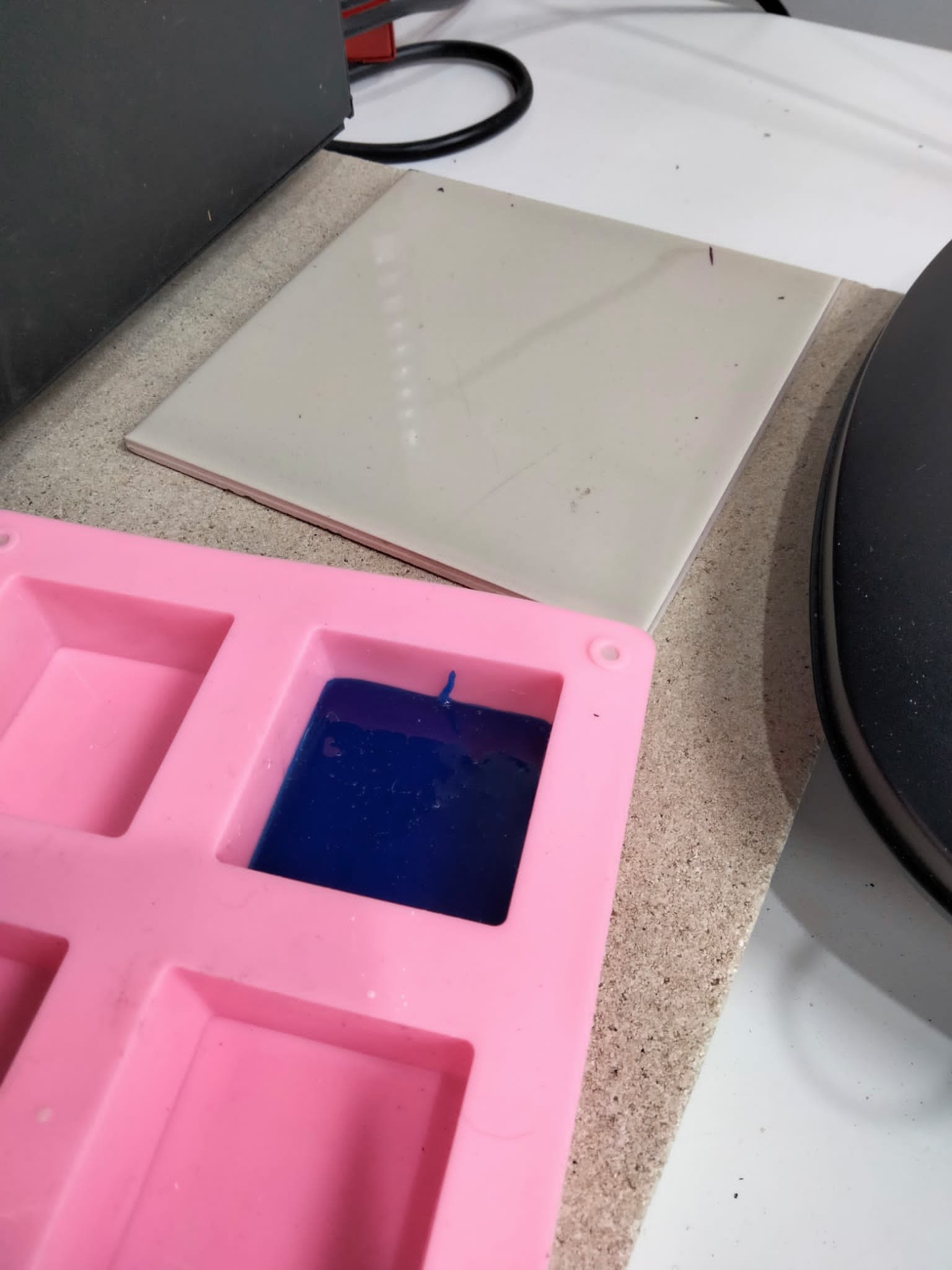
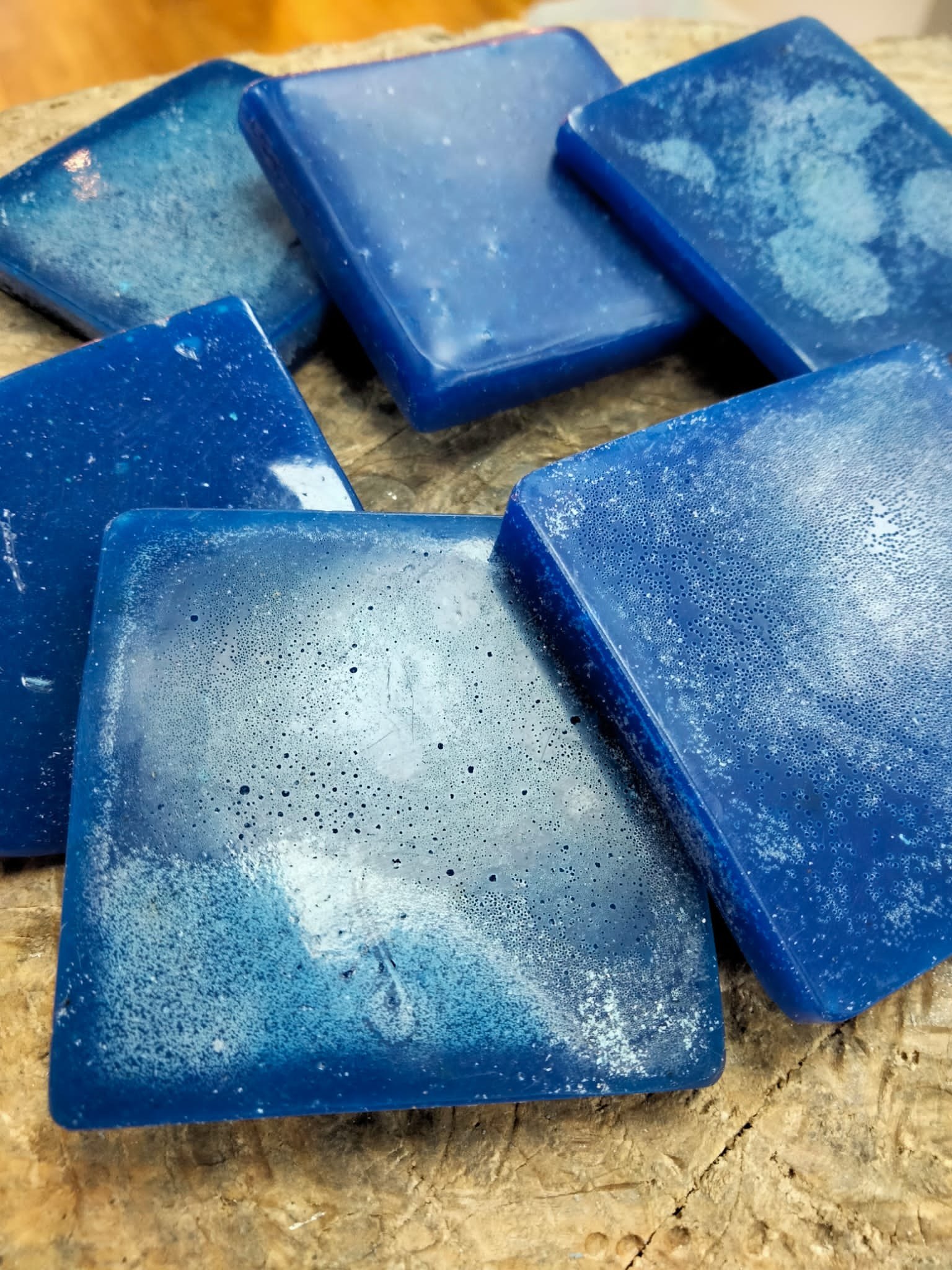
How has your course integrated themes of ethical making into the curriculum?
Every taught project and demonstration comes with ethical issues at the heart of the instruction and discussion. CSSJ is committed to using Scottish products wherever possible, reducing reliance on non-sustainably created products and unethically mined gems. The eco/reclaim workshops are always full!
Have you (or any of your classmates’) addressed themes of ethical making within your creative practice?
We all love a bit of reclaiming! The sea glass/stone/found pottery jewellery workshops are very quickly fully booked.
What progress do you envision your course making over the coming year?
It's pretty up there; we feel we are on top of ethical issues. It is the School’s USP (unique selling point). We sent out a questionnaire to gain an understanding of where our fellow makers are at with their ethical making journey. From this we discovered that people like to be told things in class whilst they're being taught (as opposed to social media or emails). We fed this back to the school and based on the answers we made up recipes for eco-friendly pickle and an eco-friendly way to clean your jewellery. This will be made available for people in the class for them to take home. We would like a way to reduce paper waste from this but that will come in the future. The tutors are also now more aware of highlighting ethical practices during the teaching sessions. Before it was mentioned but not had a big deal made of it.
How has being an Ethical Making Ambassador changed your learning and practice?
Greater awareness of issues already mentioned. More confidence in drawing other people's attention to these issues.

